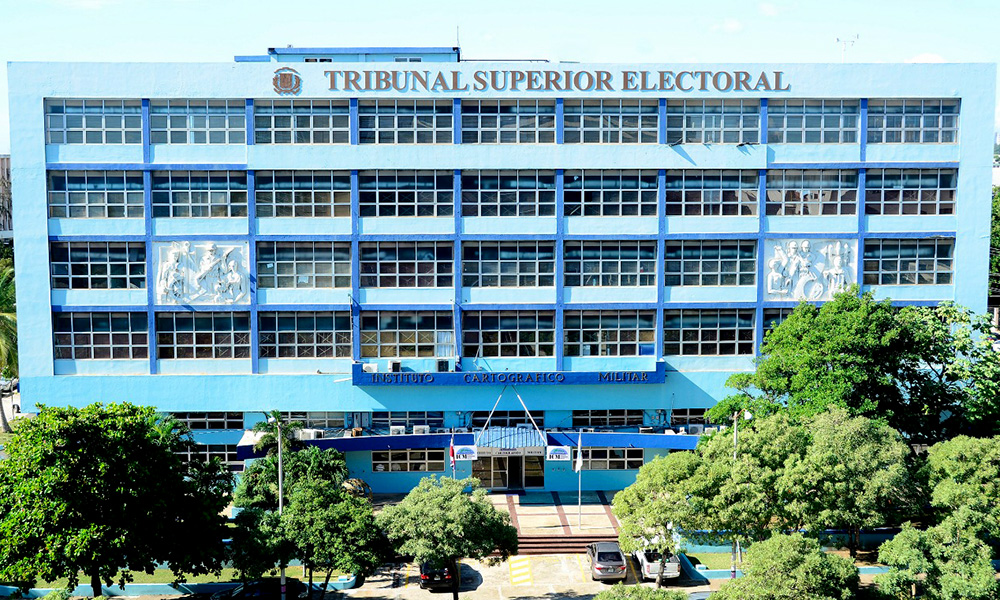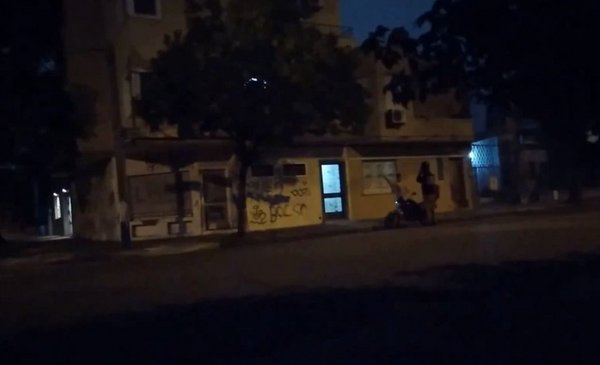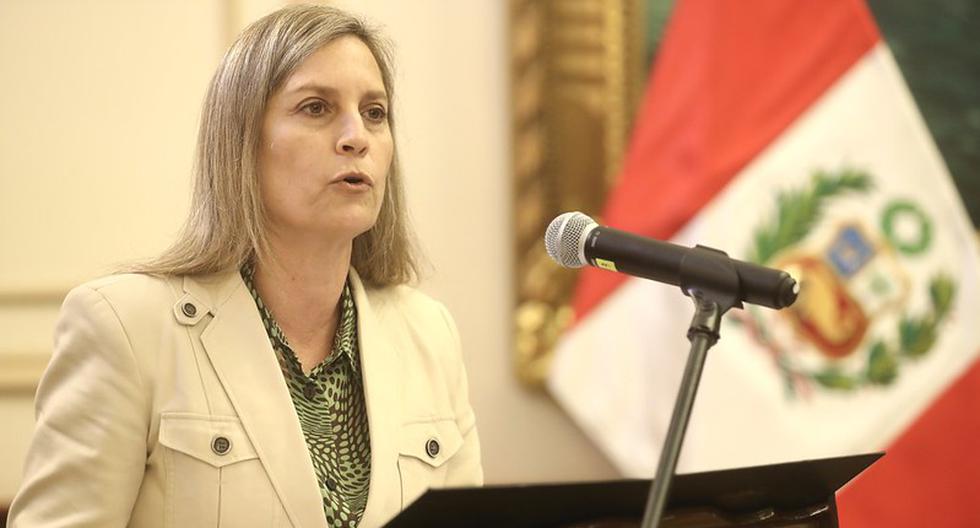Yesterday, the Superior Electoral Court (TSE) declared as inadmissible the action of preventive amparo of extreme urgency with which it sought to annul the approval of the statutory reforms of the Modern Revolutionary Party (PRM) and the call for the assembly of delegates scheduled for this Sunday .
The highest authority in contentious electoral matters, did not admit, ex officio, the action due to lack of quality of the accused party, since, he explained, it was the PRM that should be challenged as the accused party and not the internal authorities of the political organization.
The plaintiffs Miguel Ángel Severino, Andrés Díaz Jiménez, Milton Olivo Peña and Antonio Durán Almonte, filed the action against José Ignacio Paliza, president of the Modern Revolutionary Party (PRM), and the party’s Executive Directorate.
After the hearing, judges Ygnacio Pascual Camacho, president of the TSE; Rosa Fiordaliza Pérez, Fernando Fernández Cruz, Alfredo Biaggi Lama and Pedro Pablo Yermenos, issued their decision based on article 21 of Law no. 33-18, of Parties, Groups and Political Movements and 83 of the Regulation of Contentious Electoral Procedures. In the opinion of the plaintiffs, the approval of the statutory reforms of the PRM and the convening of the assembly of delegates violates the Constitution, the Electoral Law and the General Statutes of the PRM by conferring on the militants and leaders the exercise of the power of to elect and be elected, and to decide on internal and relevant matters of the ruling party.
At the hearing, the plaintiff attorney said that as provided in article 216 of the Constitution, political parties must respect democracy and transparency and guarantee the participation of citizens to strengthen democracy for which they claim the right to universal vote.
They requested inadmissibility for inadmissibility
The lawyers of the PRM authorities requested that the amparo action be declared inadmissible as inadmissible and that they consider that no fundamental right of the plaintiffs has been affected or that Article 39 of the Constitution on the right to equality has not been violated. He said that it does not comply with article 76, number 4 and 5 of the Law of Constitutional Procedure and does not explain how the violation would affect the fundamental right.
















